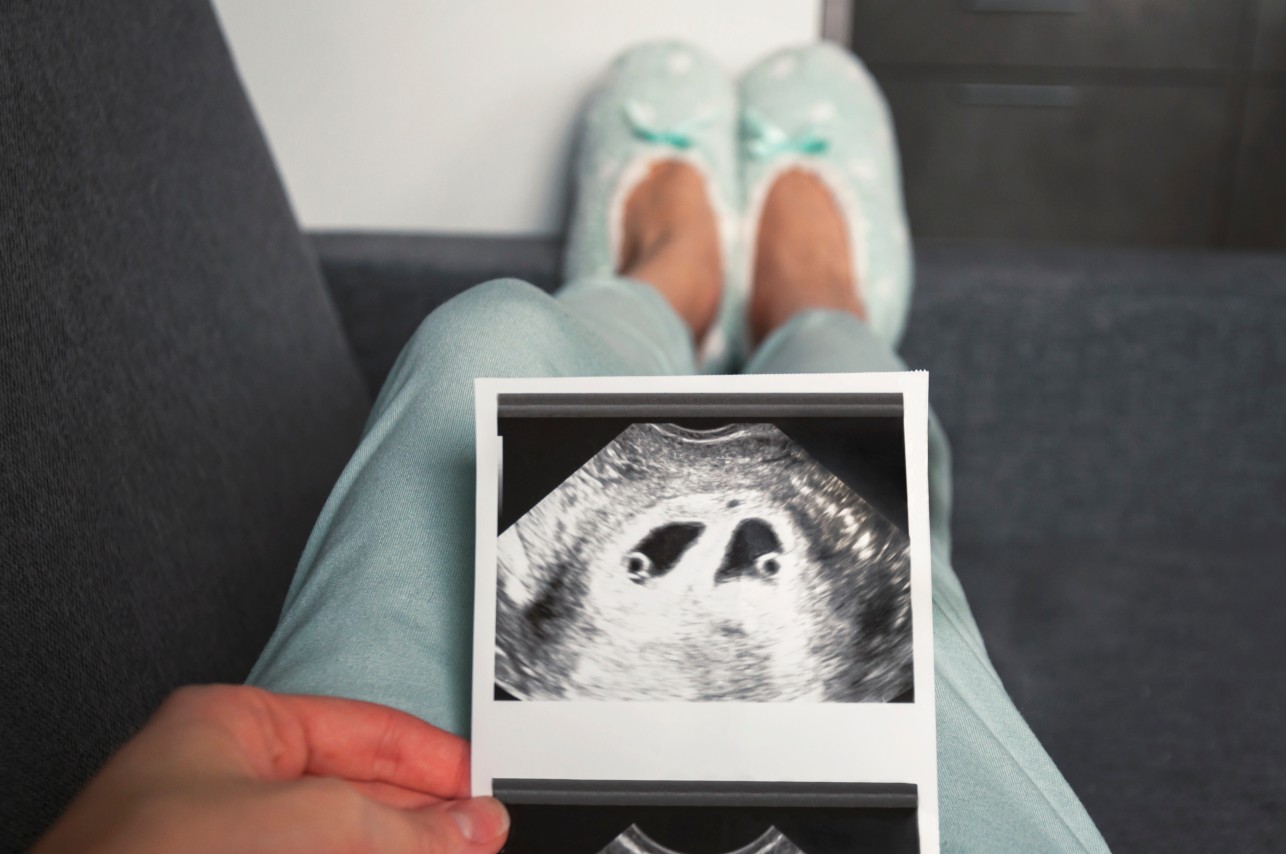
IVF specialists from Gunjan IVF World – the best IVF centre in Delhi, break myths about IVF and twin pregnancy.
For many couples who have been finding it difficult to conceive naturally for years, in-vitro fertilisation or IVF has been a blessing. As IVF becomes more common with time, so do twin pregnancies. Despite being one of the safest procedures, IVF has some risks attached to it, like every other medical advancement. The risk of having twins through IVF is very common. While in normal pregnancies, only 6% of them turn out to be twin pregnancies, the chances increase up to 25% in IVF pregnancies. Experts at Gunjan IVF World – the best IVF centre in Ghaziabad, unravel the myths of multiple pregnancies through IVF.
“Before knowing about twin pregnancies, it is necessary for you to understand how they happen. In cases where multiple embryos are placed in a woman's womb, more than one can get implanted, resulting in the formation of fraternal twins. This type of pregnancy is known as dizygotic pregnancy. In some cases, even a single embryo can divide, resulting in identical twins, also known as monozygotic pregnancy,” explains Dr. Gunjan Gupta, IVF specialist Ghaziabad and the Director & Founder of Gunjan IVF World, a globally famed IVF center in Ghaziabad.
“Today couples have the option of having one baby through single embryo transfers. Thankfully scientific technologies have made that possible. But there are some couples still there who prefer to have twins. People think that having multiple babies at once will reduce their expenses and struggles, and they ask their doctors for multiple embryo transfer. But this is not always recommended for their best interest,” adds Dr. Aastha Raheja, Consultant at the renowned IVF clinic in Indirapuram – Gunjan IVF World. Gunjan IVF World has three other highly advanced IVF clinics in Janakpuri, Meerut and Noida.
There are several reasons that may increase the chances of having twins through IVF:
● Age: Women who are over 35 years old often choose to have multiple embryos transferred in order to increase the chance of getting pregnant
● Cost of IVF: The cost of IVF is high, and for many couples, it becomes convenient to try harder at their only shot at IVF
● Family history: Having a family history of identical twins increases your chances of having identical twins too
● Previously failed IVF: Couples who have gone through failed IVF cycles often want to increase their chances of getting pregnant by transferring multiple embryos
While having twins might sound amusing, the truth is far from it. “Compared to single pregnancies, twin pregnancies are more risky for both the woman and the child. You may think that having twins is a good thing; couples often even ask for twins. But what they do not understand are the risks associated with it,” says Dr. Garima Sharma, Consultant at Gunjan IVF World, the best IVF center in Janakpuri. The end goal of any fertility treatment is to have a successful pregnancy resulting in the birth of a healthy baby. “In the worst cases, twin pregnancies can cause fatal risks to the mother and the child,” says Dr. Anshu Dhar, Consultant of a well- known IVF center in Delhi – Gunjan IVF World. The complications that can occur due to twin pregnancies are:
● Pre-eclampsia: It is a pregnancy complication combining high blood pressure, body swelling and increased urinary protein. All these can be serious health concerns for both the mother and the child
● Gestational diabetes: In this condition, babies can grow larger than their natural size, causing greater injury to mother and child during vaginal birth. Also, it can cause several growth issues in the twins
● C-section: Having twins increases the possibility of needing c-section delivery, which increases the risk of haemorrhage. Also, c-section delivery takes a bigger toll on the mother’s health
● Premature birth: In more than half of the cases, twins are born premature. This causes several serious complications, including fatal ones for the children
● Low birth weights: Twins born with a low birth weight face multiple health issues, harming their potential growth
● Twin-Twin Transfusion Syndrome (TTTS): Identical twins who share a placenta can suffer from TTTS. Here, one twin has excess blood flow and the other lacks it. This is common in 10% of twin pregnancies
● Intrauterine Growth Restriction (IUGR): In this condition, one or both babies do not grow at the rate they should. This slow or delayed growth can lead to several complications for them
So, what should one do in order to have a risk-free experience with IVF?
Consultant at Gunjan IVF World – the best IVF centre in Noida, Dr. Shubhda Gupta answers, “With advanced technology, single embryo transfer is definitely a viable option. If you are below 35 years old, have not gone through IVF before, and have no serious underlying health concern, you can easily opt for single embryo transfer. For others, where the embryo implantation chances are a bit lower, doctors will scrutinise your case to find your individual needs and then suggest what’s best for you.”
20+ Years Of Experience as Fertility Specialists
20 Years Of Experience as a Fertility Specialists
National Fertility Awards 2023
Call Us
+919990044555
Book An Appointment
Follow Us On
Related Blogs
Why is Nutrition Important During Adolescence?
Teenage years are one of the most exciting moments in life. During teenage, a body undergoes hormonal changes, weight gain or loss, growth, and physical changes.
What is the Difference Between Puberty and Adolescence?
Both puberty and adolescence are linked to one another. They depend on how these changes occur at this stage of life. Puberty and adolescence are closely associated with one another, but they are not the same thing.
Follow Us On
About Author





